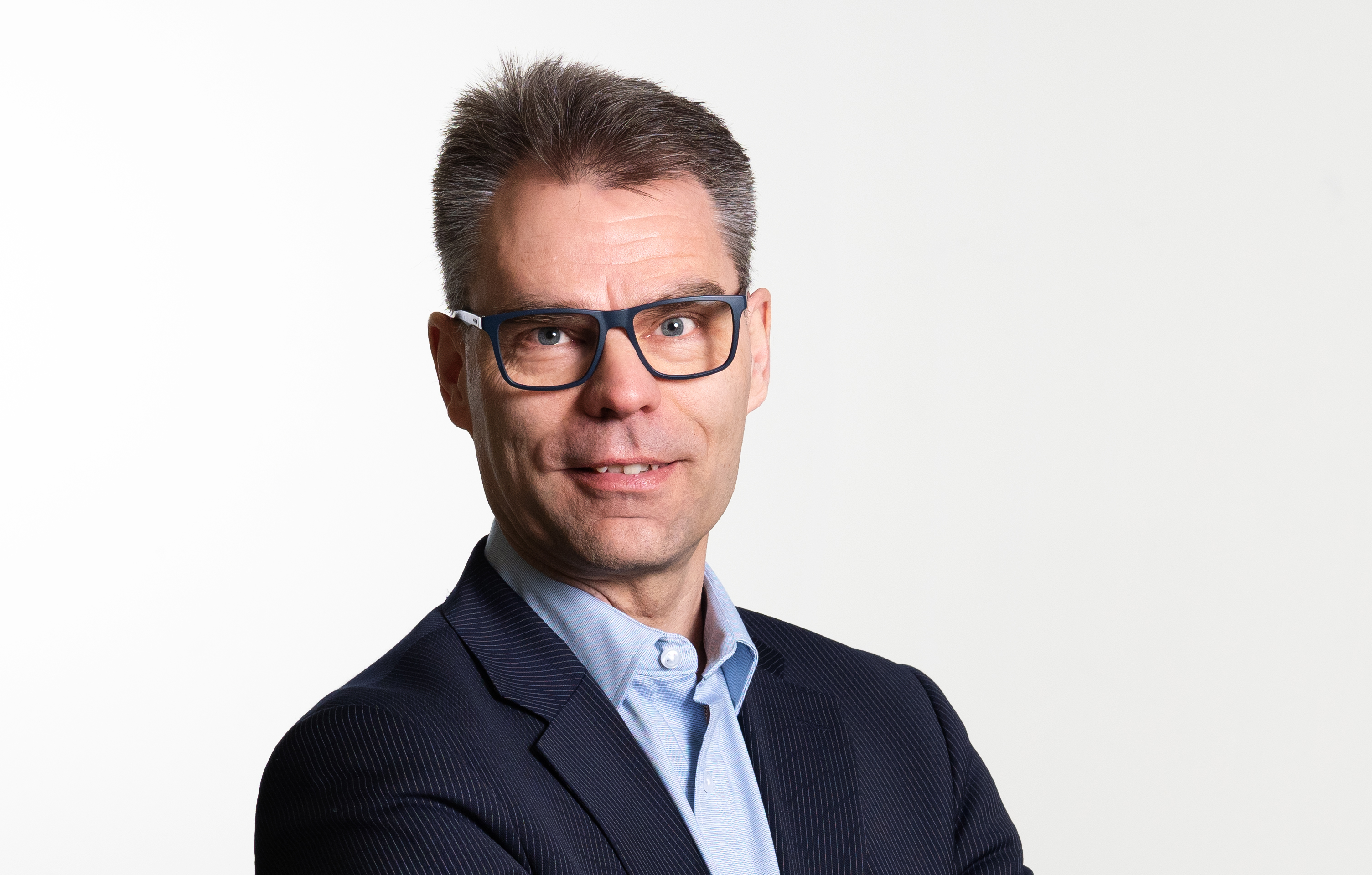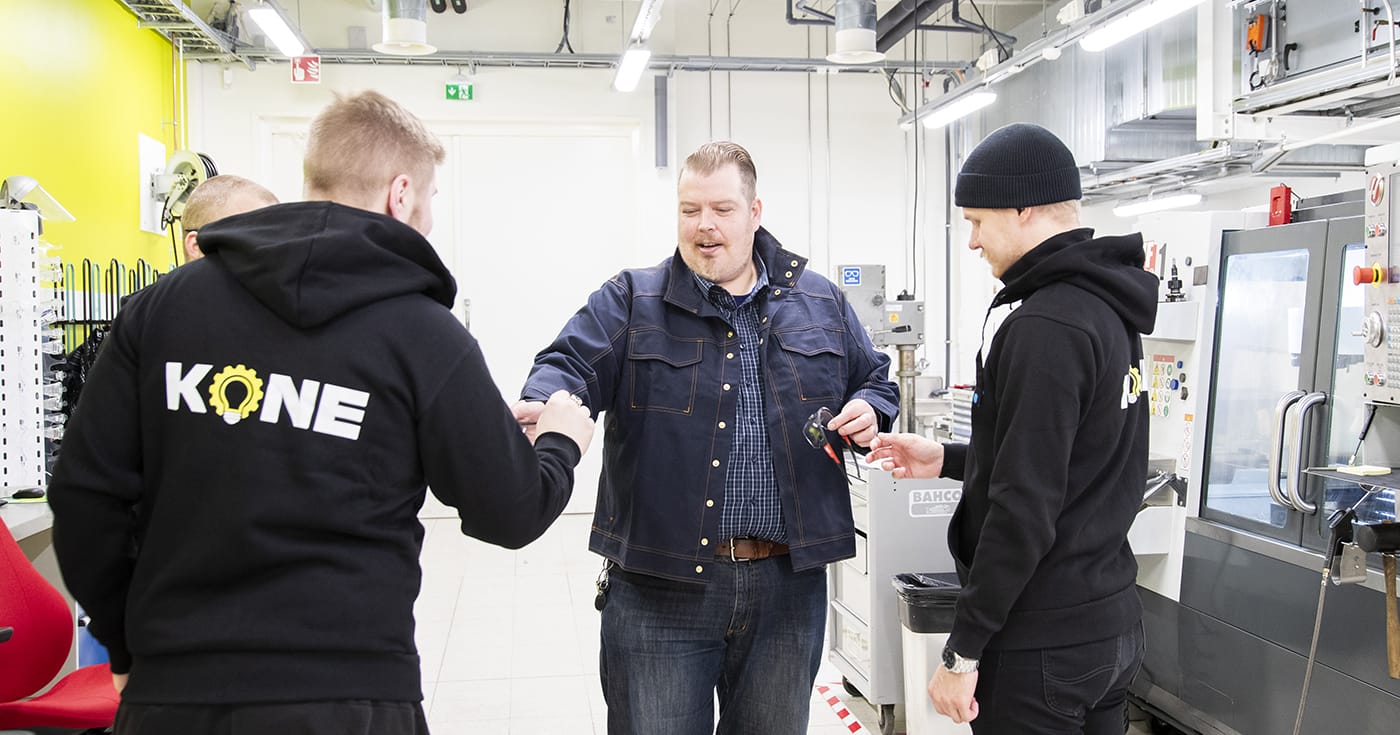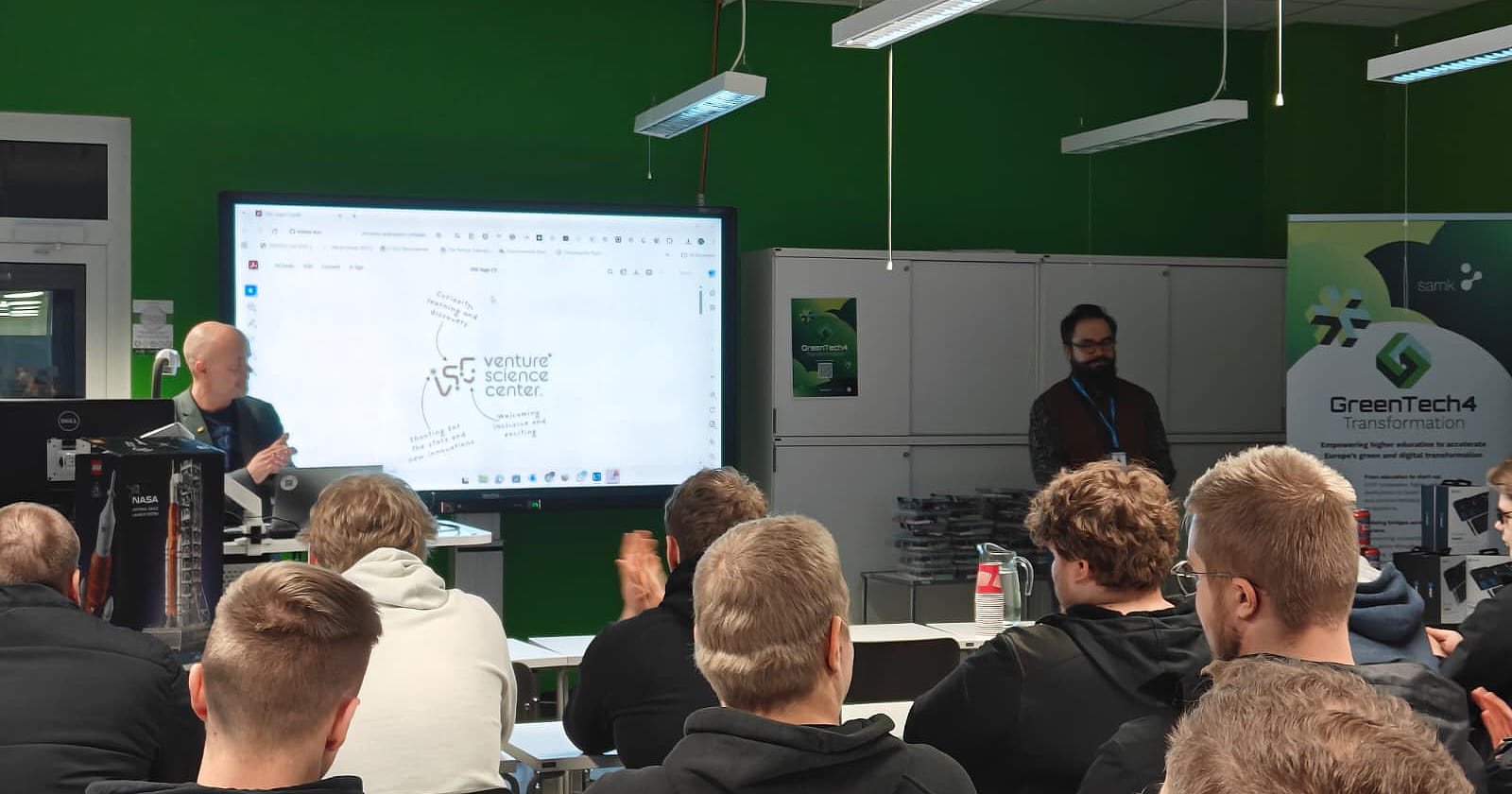The engineering degree programme supporting the food industry, which started last year, is a good example of how we are responding to the educational needs of the region.
Finnish students are not enough to meet the labour needs of the region. For that reason, SAMK has actively increased the number of international students in recent years. SAMK has over 7,400 students, of which over 1,000 are international students from over 100 different countries. Last year, SAMK was awarded the title of Finland’s best international public employer by the JCI Finland (i.e. Junior Chamber International, Finland).
Students in universities of applied sciences need work placements and summer jobs. International students find it challenging to find them, often due to the student’s Finnish language skills. Studying Finnish is part of the studies, but learning a foreign language takes time. We believe that you can also learn a language by working in an environment where the language is heard and needed. We therefore want to challenge the workplaces in Satakunta to offer work placements and summer jobs to international students as well. The region also needs young people from abroad who want to study and work here.
More than 25,000 students and degrees have so far been completed at SAMK which demonstrates the key role SAMK plays for the region’s economy in producing professionals and skills. In addition to graduating students, we produce knowledge through numerous RDI projects in cooperation with companies in the region. In this way, too, we bring vitality to the region.
Changes in working life, digitalisation, responsibility and the green transition are constantly setting new expectations for the knowledge and skills that young people graduating into working life should have. Renewing the skills of those already in work is also important for the renewal and development of companies. Matching skills and expectations is increasingly important and should be done in cooperation and dialogue between educational institutions and working life. It is expected that in the future the skills of graduates will be more diverse.
———-
The text is an editorial in SAMK’s stakeholder magazine Agora. Read the full magazine online (in Finnish).



